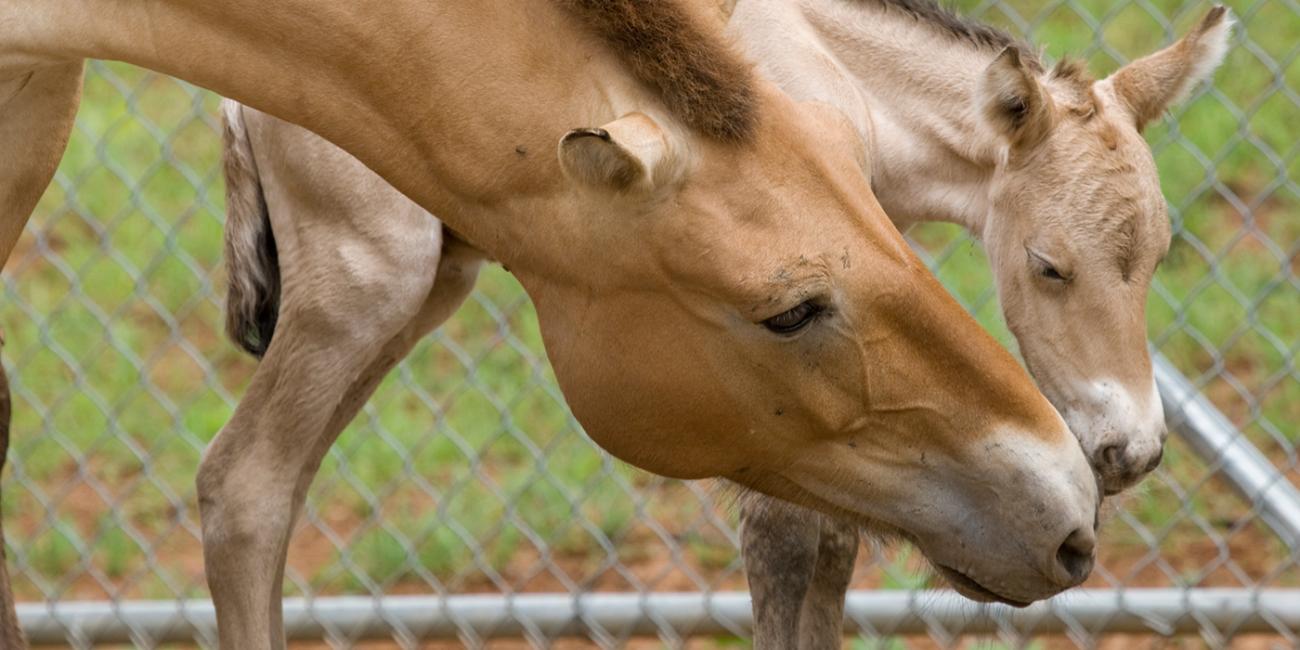Biography
Pei-Chih Lee is a research biologist at the Center for Species Survival in Smithsonian's National Zoo and Conservation Biology Institute. Lee’s research includes both basic and applied reproductive biology, focusing on feline species. Using the domestic cat model, she is developing a more economical preservation technique that allows gametes and tissues to be stored without the need of liquid nitrogen. Along with her collaborators, Lee has demonstrated the potential of applying microwave-assisted drying technique to the preservation of sperm, oocytes, and gonadal tissues. With more studies and optimizations, she and the team hope to achieve long-term stabilization of dry-preserved cells for storage in refrigerators or at ambient temperatures. Her work on the molecular and cellular regulation of cat oocyte development provided insight for the understanding and future evaluation of assisted reproduction techniques of felids.
Lee plays a key role in coordinating and maintaining the National Zoo’s genome resource banks. These cryopreserved collections are great resources to study and sustain biodiversity. She also supported National Zoo’s breeding programs by participating in estrus monitoring, semen collection and artificial insemination of various species, such as the giant pandas.
Lee earned her bachelor's degree in zoology and Master of Science in molecular medicine from National Taiwan University. She earned her doctorate in molecular biosciences from Northwestern University. She joined the Smithsonian Conservation Biology Institute in 2012, where she works alongside Dr. Pierre Comizzoli to apply her expertise in molecular biology to the study of feline reproduction.
Lee plays a key role in coordinating and maintaining the National Zoo’s genome resource banks. These cryopreserved collections are great resources to study and sustain biodiversity. She also supported National Zoo’s breeding programs by participating in estrus monitoring, semen collection and artificial insemination of various species, such as the giant pandas.
Lee earned her bachelor's degree in zoology and Master of Science in molecular medicine from National Taiwan University. She earned her doctorate in molecular biosciences from Northwestern University. She joined the Smithsonian Conservation Biology Institute in 2012, where she works alongside Dr. Pierre Comizzoli to apply her expertise in molecular biology to the study of feline reproduction.
Research Interests
Pei-Chih Lee is a research biologist specialized in reproductive biology, biobanking, and assisted reproductive technologies. Her research seeks to develop and apply latest biotechnologies to reproductive studies and genome resource banking of rare and endangered species.
